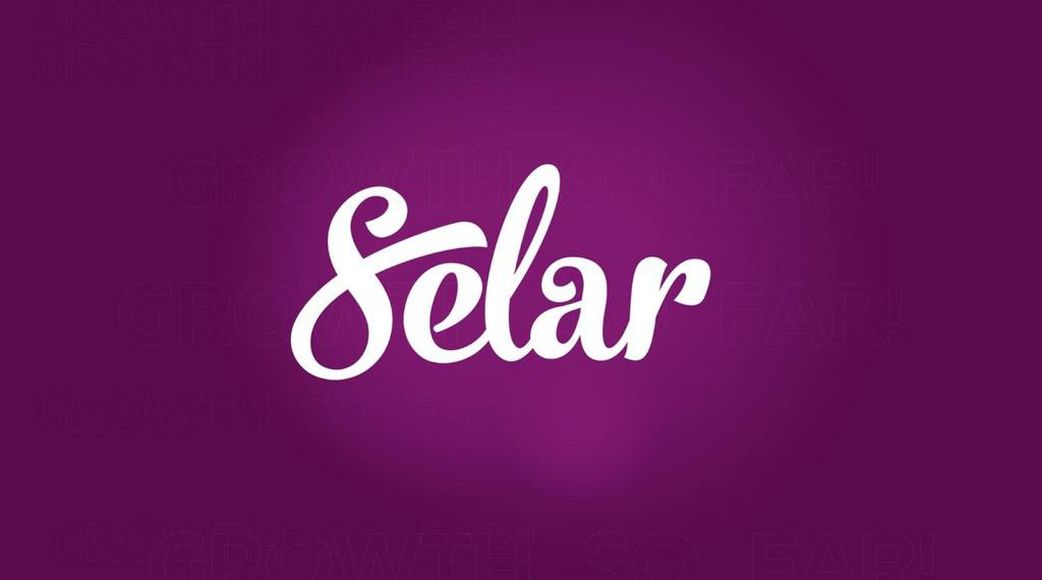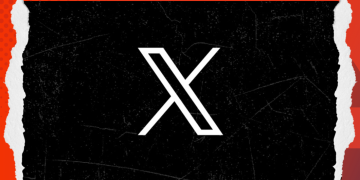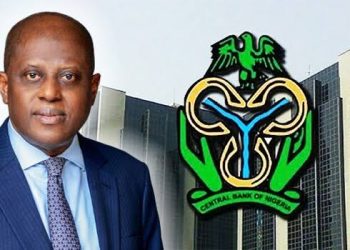Douglas Kendyson cannot hide his excitement. The founder of Selar just watched his digital platform cross 2 million users.
“We crossed the 2 million users milestone few weeks ago, and I’m still in awe,” Kendyson shared on LinkedIn. His platform now serves creators across 194 countries, making it Africa’s largest creator marketplace.
The numbers tell a powerful story of growth. Selar doubled its creator payouts from ₦4 billion in 2023 to ₦9.8 billion in 2024. The platform grew from 880,000 users in 2023 to over 1.5 million by December 2024, before hitting the 2 million mark in early 2025.

Selar Growth Numbers Paint Strong Business Picture
The Lagos-based startup processed 629,000 transactions in 2024, a 55.73% jump from the previous year. Its creator base expanded by 60.78%, reaching 241,000 active sellers who earned money from digital products like courses, ebooks, and coaching programs.
Creator stores on Selar received 44 million visits throughout 2024. The platform supports 13 currencies and operates across nearly every country in the world.
Kendyson‘s journey to building Africa’s top creator platform started in 2016. The Covenant University graduate worked at fintech giants Paystack and Flutterwave before launching Selar. His experience building e-commerce integrations at these companies showed him a gap in the market.
“People were always training people to do things, and people were always paying for resources,” Kendyson explained in a recent interview. “Even though it wasn’t as mainstream, I knew there could be something here.”
African Creator Economy Shows Strong Momentum Despite Global Headwinds
While global tech companies faced challenges in 2024, African creator platforms like Selar bucked the trend.
Kendyson attributes success to customer focus and product quality. “We built something people wanted, and they told others about it,” he said. The company only started running paid advertisements in 2022, relying on word-of-mouth growth for its first six years.
The bootstrap approach allowed Selar to share profits with employees. Each team member received approximately ₦800,000 in profit-sharing bonuses for 2024, on top of regular salaries and 13th-month payments.
Nigeria’s creator economy shows strong fundamentals despite economic challenges. Local creators earn substantial income from skills training, with some charging up to ₦500,000 for coaching programs and memberships.
Selar Plans Expansion Across French-Speaking Africa
The company plans new features for 2025, including an enhanced page builder and email marketing tools. Selar will also translate its platform into French to serve Francophone African markets better.
Kendyson’s affiliate network generated over ₦1.5 billion in sales through 1 million affiliates in 2024. This shows the platform’s ability to create income opportunities beyond just content creators.
The expansion into Kenya in 2024 marked Selar’s first major move into East Africa. The company received coverage in nine major Kenyan publications, helping establish its presence in the region.
Selar competed successfully against international platforms like Teachable and Gumroad by focusing specifically on African creators’ needs. The platform handles local payment methods and currencies while providing customer support in multiple languages.
Young Nigerian Founder Shows Path Forward For African Tech
Kendyson’s success offers lessons for African entrepreneurs. He turned down investment opportunities multiple times, preferring to maintain control and grow organically. The approach paid off as Selar now processes billions in transactions annually.
The founder’s background in fintech provided crucial insights into payment processing and user experience. His early work at Paystack exposed him to the infrastructure needed for digital commerce across Africa.
Selar hosted its annual Creator Summit in 2024, featuring prominent speakers like Tunde Onakoya, Chude Jideonwo, and Wode Maya. The event attracted thousands of creators from over 20 African countries, cementing the platform’s position as a community hub.
The company also launched its first corporate social responsibility initiative, paying tuition fees for 50 Nigerian university students. Over 9,000 students applied for the Selar Tuition Fund program.
African creators finally have a platform built specifically for their needs, with local payment integration and continent-specific features. As more professionals explore alternative income sources, Selar’s growth trajectory suggests strong demand for creator economy tools across Africa.













